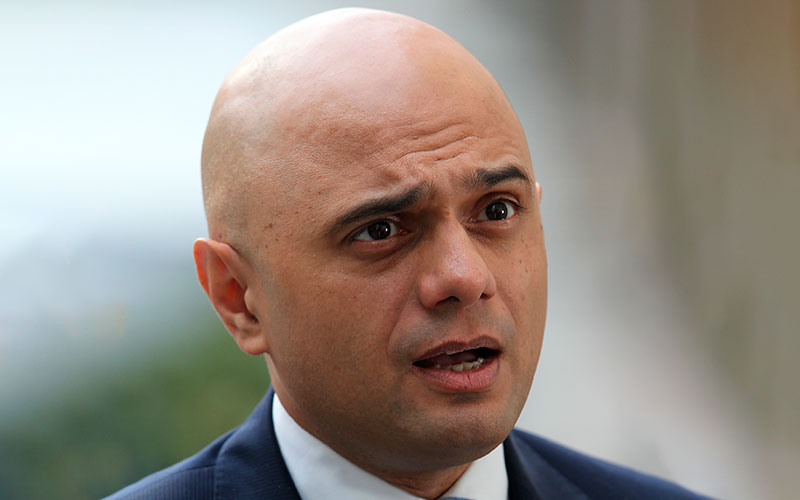Spending review fails to allay IR35 and Brexit worries

The Chancellor’s spending review has done nothing to alleviate concerns about the impact of the impending IR35 off-payroll extension into the private sector or whether the UK has the right skills strategy in place to thrive post-Brexit, according to recruitment and staffing organisations.
Addressing Parliament yesterday, Chancellor Sajid Javid delivered a spending review that ensures government departments will get a £13.8bn real-term increase in funding.
Some of the key spending commitments announced include:
• Every secondary school to be allocated a minimum of £5,000 per pupil by 2020-21, and every primary school £4,000 per pupil by 2021-22;
• More than £700m extra funding to support children and young people with special educational needs compared with 2019-20 funding levels, and £400m to train and teach more than a million 16- to 19-year-olds the skills required for well-paid jobs in the modern economy;
• The NHS to receive a cash increase of £33.9bn a year by 2023-24 compared with 2018-19 budgets;
• A new £1,000 personal development budget over three years for every nurse, midwife and allied health professional;
• Councils to have access to a further £1.5bn for social care – £1bn through a new grant and £500m through the adult social care precept;
• A commitment to recruit 20,000 additional police officers;
• Extra funding to begin delivery of 10,000 additional prison places, improve security in prisons, and support the ongoing reform of the probation system to provide better supervision and rehabilitation of offenders;
• The Armed Forces to get a £2.2 bn funding boost;
• Decarbonisation, air quality, and biodiversity to get a £90m funding boost;
• £2bn in 2020-21 aimed at helping the UK establish a new relationship with the EU and capitalise on opportunities created by Brexit.
Commenting on the review, director of policy and campaigns at the Recruitment and Employment Confederation (REC) Tom Hadley said the chancellor’s plans for health and social care, education and infrastructure are all contingent on having the right staff and skills in place to deliver services and projects.
“We need a twin-track approach involving a radical step change on skills strategy and progression, together with an evidence-based immigration policy. On this, we will continue to make the point that this isn’t just about the ‘brightest and the best’. REC monthly data shows that we need staff to fill vacancies across a wide range of sectors and job roles.”
Meanwhile, Sam Hurley, operations director at the Association of Professional Staffing Companies (APSCo), said that while the additional funds may be necessary should a no-deal Brexit occur, preparations take time, even if well-funded.
“As such, we fully expect that there will still be a significant impact on businesses, including the professional recruitment industry and its clients, in the event of a no-deal exit next month,” she said.
“Additional spending in the public sector generally flows down into a loosening of constraints on recruitment and contract spend, but we wouldn’t expect any reversal on existing framework rates, although hiring numbers may increase.
“The spending review does nothing to reduce our concerns about the impact of IR35 off-payroll on the private sector, the flexibility and availability of contractor resources, and the implications for the contracting labour market, which will undoubtedly be reduced flexibility and increased costs,” said Hurley.
“We do, however, welcome the commitment to give schools a cash boost to improve education, as well as the additional funding to train and teach more than a million 16- to 19-year-olds the skills they need for well-paid jobs in the modern economy, though the impact of this won’t be noted for some time yet.”
Also commenting, Association of Recruitment Consultancies chairman Adrian Marlowe said whatever the outcome of the political maelstrom, the most important outcome for UK businesses has to be the retention of a workforce that is fit for purpose.
“This means the continued ability to hire staff that have the right skillsets for the work available, wherever that staff may be drawn from. Complementing that, the tax regime relevant to specialists should be sufficiently attractive to facilitate their retention and interest in working in the UK, and a rejigging of the current thinking which appears to be overly focused on addressing tax avoidance rather than the conditions to promote entrepreneurial growth.”




